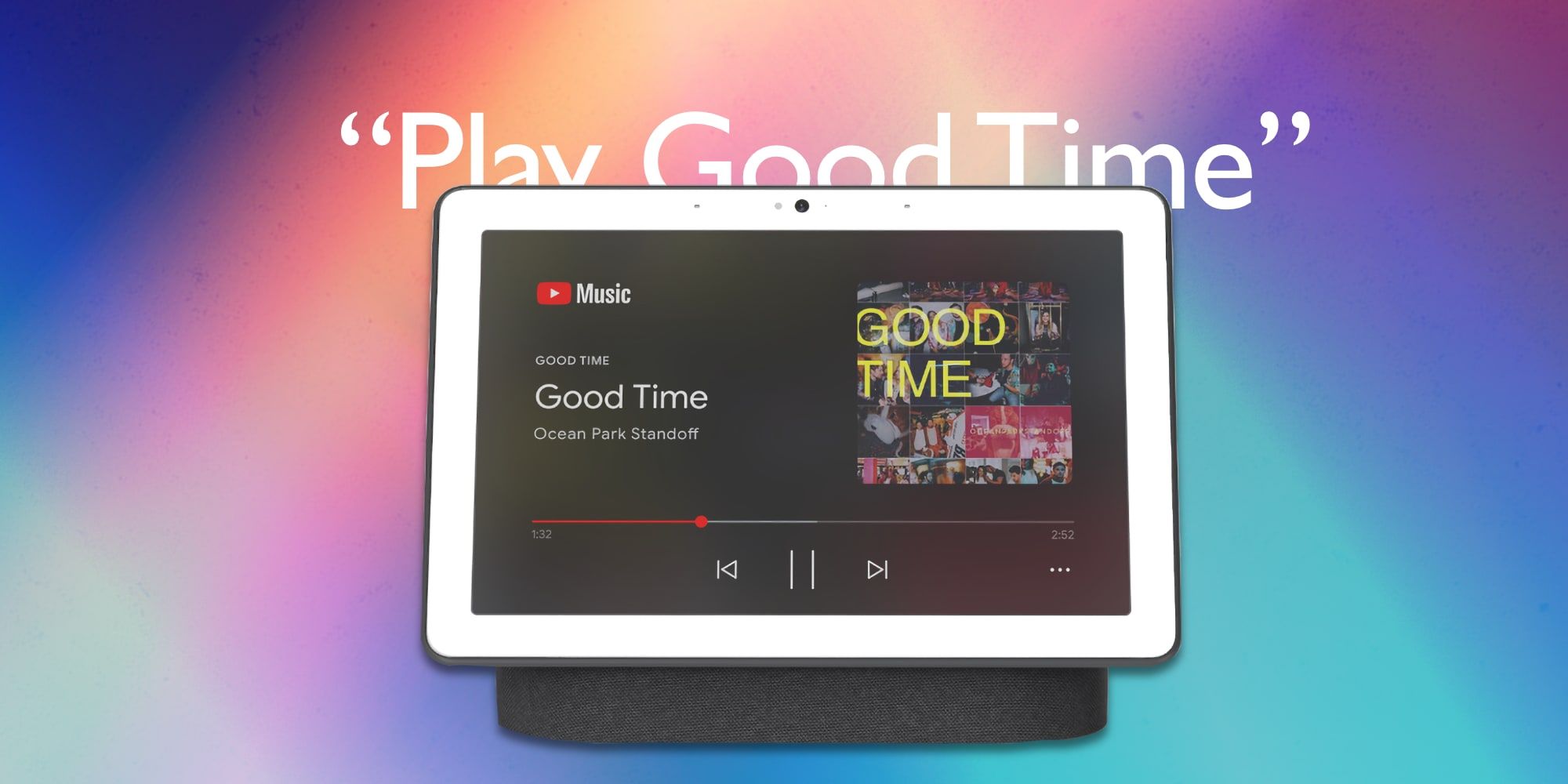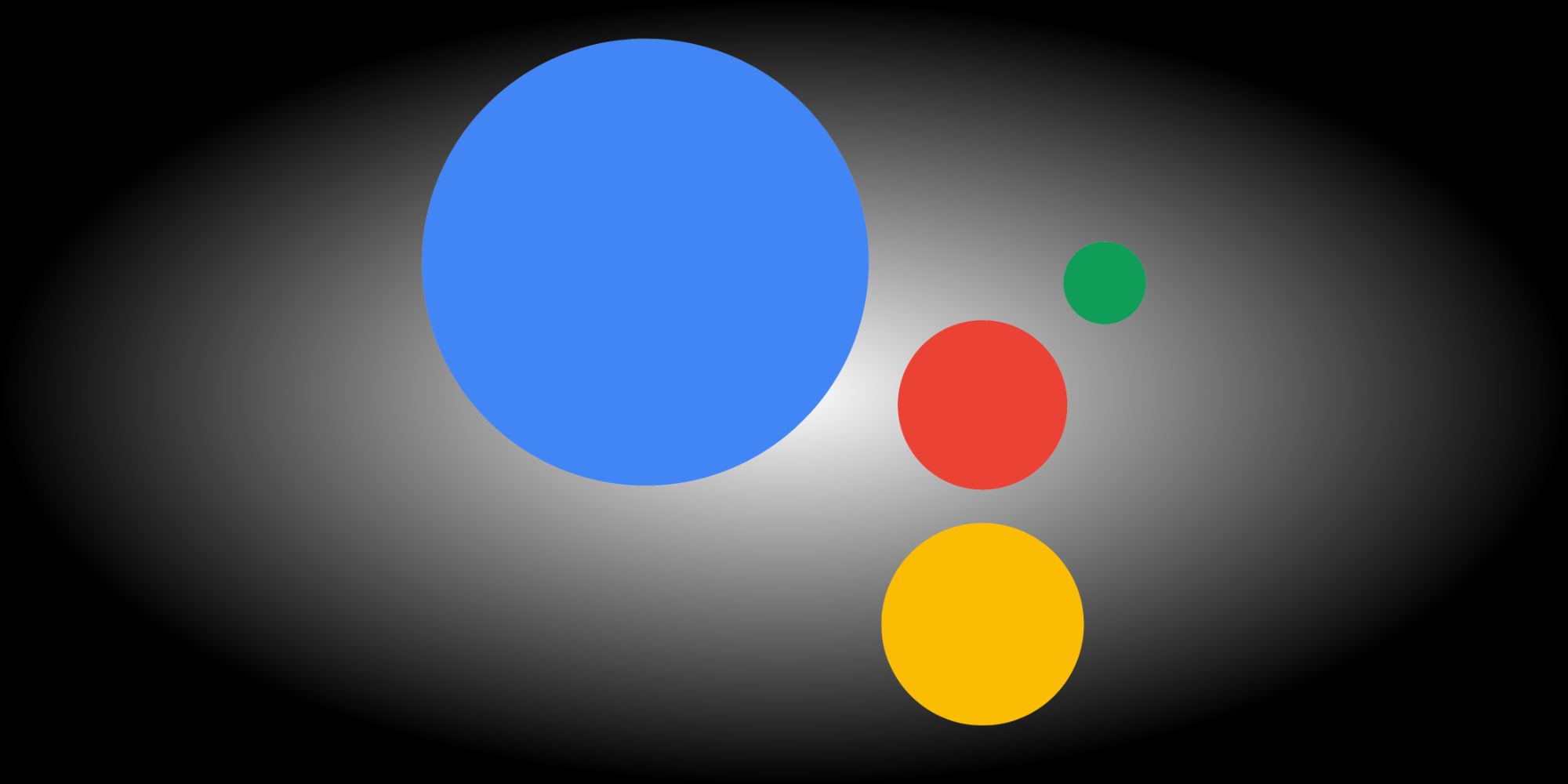Google Assistant is a wonderful tool but the requirement of starting every artificial intelligence interaction with the wake word, 'Hey Google,' quickly becomes tiresome. Thankfully that will change, allowing more natural conversation with Assistant-enabled products in the future and, in some instances, eliminating the wake-up phrase entirely.
Google Assistant powers various products, including smart speakers and display hubs with Google and Nest branding. Android and Google Pixel phones, Pixel Buds and many more mobile devices are enhanced with Google AI and include Assistant. In addition, Google TV, Chromecast, and Chrome OS laptops all have Assistant to allow speaking to the device and getting intelligent responses. It's beginning to feel like Google is everywhere and always ready to help with a 'Hey Google' query.
Google recently announced that the somewhat tiring requirement to start an Assistant interaction with a 'Hey Google' would become less frequent. Thanks to advances in AI processing. There are several different ways this can happen, and the most impressive is 'Look and Talk,' which allows the Assistant to recognize when the user is looking at the screen to begin listening for a question or command. This will be available on the Nest Hub Max, and Google didn't clarify whether it will expand to more devices. It's quite a time-saver, allowing quicker and easier interactions with the smart display, as shown in a YouTube video. This is an opt-in feature so users won't be startled by the Nest Hub Max unexpectedly listening.
Google Assistant Quick Phrases
Google Assistant Quick Phrases are another way to streamline interactions, making it quick and easy to control smart home devices or stop sounds. A couple of examples that Google mentioned in its blog post include speaking to the Nest Hub Max, even out of view and without a wake word, to switch on a smart light and set a timer.
Assistant Quick Phrases can be enabled and disabled individually to fine-tune the experience to what works best for them. All of these innovations come from Google's AI research that's made possible with powerful computer servers, but Google had to make this possible on low-power devices. By using improved natural language and Machine learning models, Google Assistant can include these advanced capabilities on a Nest Hub Max.
Source: Google, Google/YouTube


